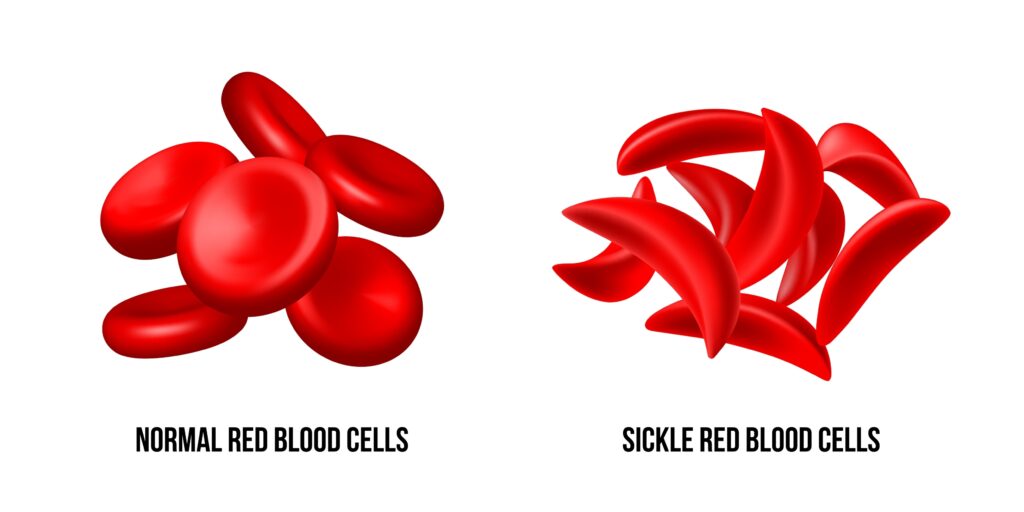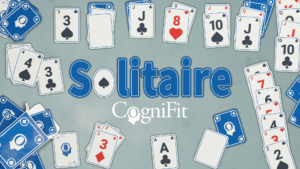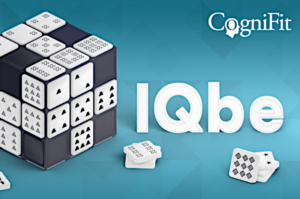
Single-Case Experimental Study: Computerized Neuropsych Rehab for ADHD and Sickle Cell
Exploring the Impact of Computerized Neuropsychological Rehabilitation on Sickle Cell Anemia and ADHD: A CogniFit Case Study

In the realm of cognitive health, the intersection of various conditions often presents unique challenges. One such example is the coexistence of Sickle Cell Anemia (SCA) and Attention Deficit Hyperactivity Disorder (ADHD). Both conditions independently exert significant cognitive and psychological burdens on individuals, and when combined, they create a complex web of difficulties that can impair daily functioning. The recent study titled “Impact of Computerized Neuropsychological Rehabilitation in a Patient with Sickle Cell Anemia and ADHD: Single-case Experimental Study,” published in the Revista Científica Multidisciplinaria CienciAmérica, delves into this very intersection, exploring the potential of computerized neuropsychological rehabilitation in mitigating these challenges.
Understanding the Context

Sickle Cell Anemia is a genetic blood disorder characterized by the production of abnormally shaped red blood cells, leading to chronic pain, organ damage, and frequent infections. In addition to the physical manifestations, SCA is associated with various cognitive impairments, including difficulties in attention, memory, and executive functioning. ADHD, a neurodevelopmental disorder, further exacerbates these cognitive challenges, making it harder for individuals to manage daily tasks and maintain a quality of life.
The case study in question focuses on a single patient diagnosed with both SCA and ADHD, offering an in-depth look at the efficacy of a targeted neuropsychological intervention. The study’s approach is notable for its use of computerized rehabilitation tools, a method gaining traction in the field of cognitive therapy for its accessibility, adaptability, and potential for personalized treatment.
The Role of CogniFit in Cognitive Rehabilitation

CogniFit, a leader in the field of cognitive assessment and training, has long been at the forefront of developing tools that address various cognitive deficits. Our platform is designed to offer tailored cognitive training programs that adapt to the specific needs of individuals.
In the case study, the patient underwent a structured neuropsychological rehabilitation program using computerized tools similar to those offered by CogniFit. The program focused on enhancing cognitive functions such as attention, memory, and executive function—areas typically impaired in individuals with SCA and ADHD.
Key Findings of the Study

The study’s findings are promising, suggesting that computerized neuropsychological rehabilitation can lead to significant improvements in cognitive functioning for patients dealing with the dual burden of SCA and ADHD. Specifically, the patient demonstrated marked improvements in attention and executive functioning, two areas that are critical for daily life management. Additionally, the study highlighted the potential of computerized tools to offer continuous, engaging, and personalized cognitive training, which is crucial for maintaining long-term cognitive health.
One of the most significant advantages of using computerized tools like those from CogniFit is their ability to provide immediate feedback and adapt to the user’s performance in real-time. This adaptability ensures that the rehabilitation process is always aligned with the patient’s current cognitive abilities, promoting steady progress without overwhelming the individual.
Implications for Broader Clinical Practice
The implications of this case study extend beyond the individual patient, offering valuable insights for clinicians and caregivers managing patients with coexisting SCA and ADHD. The success of the computerized rehabilitation program underscores the importance of incorporating technology into cognitive therapy, especially for conditions that require ongoing, adaptable interventions.
For clinicians, the use of platforms like CogniFit can enhance the effectiveness of understanding treatment plans, offering patients a way to engage in their cognitive rehabilitation from the comfort of their homes. This is particularly beneficial for individuals with chronic conditions like SCA, where frequent hospital visits can be burdensome.
Conclusion: A Path Forward
The intersection of Sickle Cell Anemia and ADHD presents a unique set of challenges that require innovative solutions. The study “Impact of Computerized Neuropsychological Rehabilitation in a Patient with Sickle Cell Anemia and ADHD: Single-case Experimental Study” provides compelling evidence for the role of computerized neuropsychological tools in addressing these challenges.
As we continue to develop and refine our tools, studies like this serve as a reminder of the profound impact that personalized, technology-driven interventions can have on cognitive rehabilitation.
Reference: https://riics.info/index.php/RCMC/article/view/186












 Vote for CogniFit in the Postman Developer’s Choice Awards!
Vote for CogniFit in the Postman Developer’s Choice Awards!
























